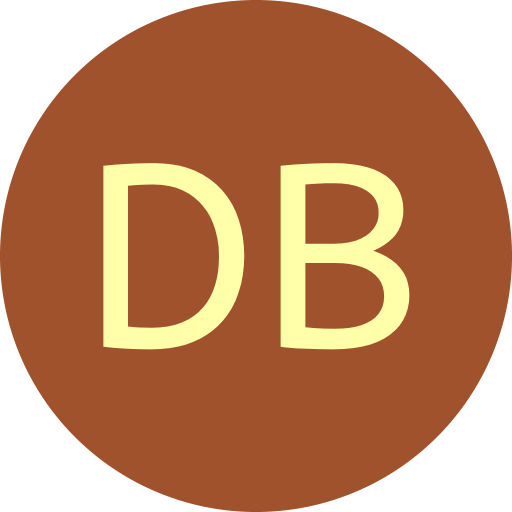|
Example $n=4$ and $k=2$ 0000101101001111 is a DB sequence where the 16 unique substrings of length 4 visited in order are:
0000 0001 0010 0101 1011 0110 1101 1010 |
 |
The inspiration for this project is to update Fredricksen's survey [SIAM Review, Vol 24 (1982)] to include new results and constructions from the past 40 years. The following different construction methods are presented:
- Euler cycles based on the de Bruijn graph
- Linear feedback shift registers (LFSRs)
- Recursive methods
- Greedy methods
- Successor (shift) rules based on cycle joining
- Concatenation approaches
The general idea is that a universal cycle for a set S of combinatorial objects is a cyclic sequence which contains a ‘representation’ of every element of S exactly once as a subsequence of consecutive terms. More generally, a universal cycle for a set $\mathbf{S}$ of combinatorial objects is a cyclic sequence of length $|\mathbf{S}|$ which contains a representation of every element in $\mathbf{S}$ exactly once as a substring. Universal cycle constructions are provided for:
- Permutations (shorthand)
- Multiset permutations (strings with fixed content)
- Subsets (shorthand binary, difference, standard representations)
- Weak orders - both height and rank representations
- Cut-down DB sequences
- Orientable sequences
This project was initiated as a spinoff from The Combinatorial Object Server. It is dedicated to presenting the many different ways de Bruijn sequences and their relatives can be constructed. Implementations of the algorithms are available for download.
Last updated Nov 19, 2025
Colin Campbell
Daniel Gabric
Aysu Gündoǧan
Wazed Imam
Luke Janik-Jones
Zsuzsa Lipták
Josh McCaskill
Torsten Mütze
Luca Parmigiani
Evan Sala
Joe Sawada
Jack Sears
Andrew Trautrim
Aaron Williams
Dennis Wong
For comments, contributions, or corrections please contact:
Joe Sawada
jsawada@uoguelph.ca
 De Bruijn Sequence and Universal Cycle Constructions
De Bruijn Sequence and Universal Cycle Constructions